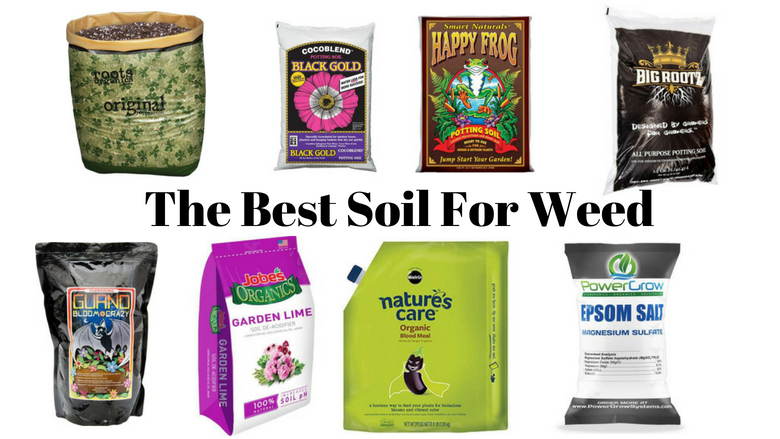
As any gardener knows, your plants and your harvest are only as good as the soil they are grown in. The same can definitely be said for cannabis. By growing in the best soil for weed and finding the right nutrient balance, you can take your grow op from average to professional quality.
In this article we are going to go over all aspects of the best soil for growing cannabis so that you can maximize not only your crop, but the amount and quality of cannabinoids and terpenes as well. What are the best brands? How can you make your own custom soil? What additives can you mix in to your soil to feed your plants throughout their life cycle?
This article includes two different categories of products – the best soil brands for a base soil, as well as the most commonly used additives for growing weed.
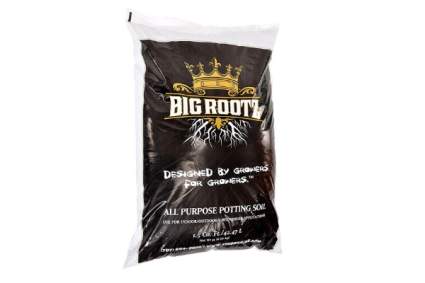
|
Amazon Customer Reviews
|
Price: $59.99 Shop at Amazon | Shop now Read our review |
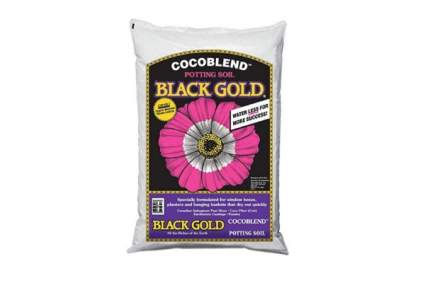
|
Amazon Customer Reviews
|
Price: $32.42 Shop at Amazon | Shop now Read our review |
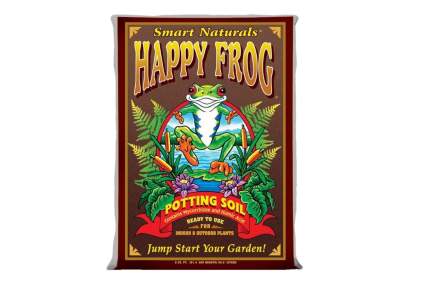
|
Amazon Customer Reviews
|
Price: $24.99 Shop at Amazon | Shop now Read our review |
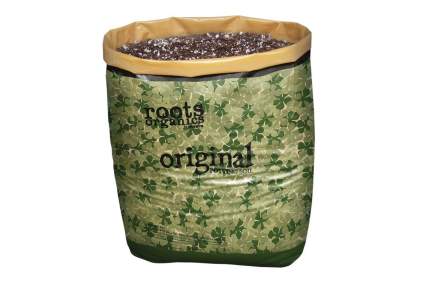
|
Amazon Customer Reviews
|
Price: $26.11 Shop at Amazon | Shop now Read our review |
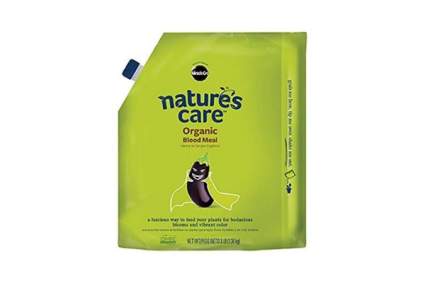
|
Amazon Customer Reviews
|
Price: $29.99 Shop at Amazon | Shop now Read our review |
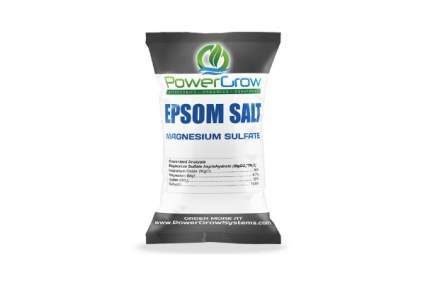
|
Amazon Customer Reviews
|
Price: $5.95 Shop at Amazon | Shop now Read our review |
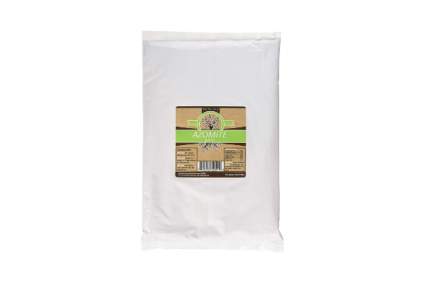
|
Amazon Customer Reviews
|
Price: $12.99 Shop at Amazon | Shop now Read our review |
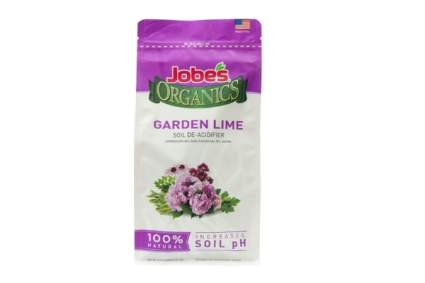
|
Amazon Customer Reviews
|
Price: $16.94 Shop at Amazon | Shop now Read our review |
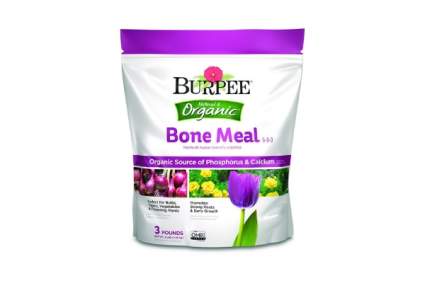
|
Amazon Customer Reviews
|
Price: $10.39 Shop at Amazon | Shop now Read our review |
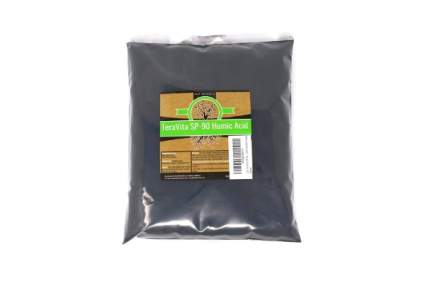
|
Amazon Customer Reviews
|
Price: $24.99 Shop at Amazon | Shop now Read our review |
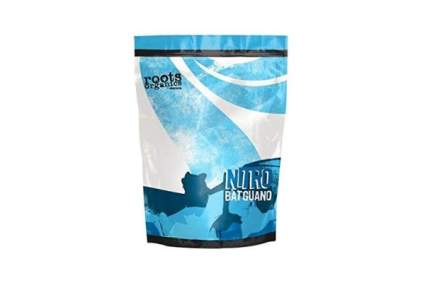
|
Amazon Customer Reviews
|
Price: $26.50 Shop at Amazon | Shop now Read our review |
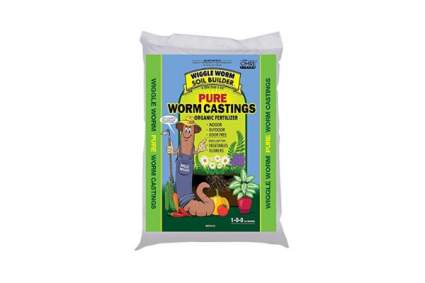
|
Amazon Customer Reviews
|
Price: $33.97 Shop at Amazon | Shop now Read our review |
-
1. Big Rootz All Purpose Potting Soil pH Adjusted and Enriched to Maximize Root Growth 1.5 Cubic Feet
Pros:- Specially formulated for marijuana plants
- The Soil King has easy how-to videos on youtube to help beginners
- Provides tons of nutrients for maturing plants in order to grow big buds
Cons:- Very expensive
- May require fertilizing later in the growth stages
- Not many reviews online
Big Rootz brand soil is “designed for growers by growers” to be an excellent base soil for yoru marijuana plants. This soil is suitable for both indoor and outdoor grows, and is the product of multiple years of research, trial and error and formulation to come up with an excellent soil for your weed plants.
This soil is easy to use for beginners, but provides the results in quality and yield that professional growers want as well. The Soil King, who founded the Big Rootz company and formulated the soil mixture, is a winner of the Emerald Cup, northern California’s premier award for outdoor medical marijuana cultivation. He is an expert in the field, and customers swear by this soil.
-
2. Black Gold CocoBlend Potting Soil .5 Cubic Feet
Pros:- Made with organic ingredients
- Good moisture retention
- Nice base soil for seedlings, young plants and clones
Cons:- May attract flies indoors
- Not certified organic
- Needs more perlite or other aerating add-ins for mature plants
Black Gold is a well known base soil among cannabis enthusiasts, consisting of peat moss, coco coir, worm castings and pumice. This soil is blended specifically to retain moisture, with a high percentage of coco coir and sphagnum peat moss. When compared to other pre-mixed soils, Black Gold is lighter in color and has less aerating add ins such as perlite.
The relatively low nutrient density and the water retaining qualities of this soil makes it perfect for seedlings, clones and young plants, which are sensitive to nutrient burn. Black Gold makes a great base soil if you are looking to add in your own nutrients and add-ins.
Find more Black Gold CocoBlend Potting Soil information and reviews here.
-
3. FoxFarm Happy Frog Potting Soil 2 Cubic Feet
Pros:- pH balanced
- Already contains valuable soil additives
- Easy to use right out of the bag
- Compatible with FoxFarm’s liquid nutrient line
Cons:- Requires more add ins if you do not want to use fertilizer
- Too “hot” for seedlings
- May attract flies indoors
Happy Frog potting soil is formulated speifically for plants grown in containers and is some of the best soil for weed grown in a grow room. Since your weed plants will not be able to seek out nutrients in the soil like they would in nature, FoxFarm has added worm castings, guano, aged forest products and more to make sure that nutrients are readily available for your plants’ root systems.
This soil is pH adjusted and is perfect for use alongside FoxFarm’s liquid nutrient line. HappyFrog and other FoxFarm products are perennial favorites among cannabis growers because of their high quality, consistency and ease of use.
Find more FoxFarm Happy Frog Potting Soil information and reviews here.
-
4. Roots Organics Potting Soil .75 Cubic Feet
Pros:- Already has a lot of additives in it for excellent plant nutrition
- Organic
- Family owned company
- Made in the USA
Cons:- Relatively expensive
- Not recommended for young plants or clones as they may be susceptible to nutrient burn
- The bag does not allow airflow if you plant in it directly
Roots Organics is an excellent brand for both potting soil and liquid fertilizers if you choose to use them. Their soil is amended with the best ingredients for growing cannabis including bat gunao, worm castings, fish bone meal, feather meal, green sand, mycorihizae, glacial rock dust, soybean meal, humic acid and more.
As you can see from the image above, this soil is a lush and fluffy texture with the perfect amount of perlite and pumice for great drainage and a healthy root system in your plants. This soil is so nutrient dense that you will not need to add many of your own amendments, but it is too “hot” for young plants so you would be best to use a more neutral soil for seedlings and young clones.
This soil comes in a heavy duty bag that can be cut open and used as a pot to grow your plants directly inside.
Find more Roots Organics Potting Soil information and reviews here.
-
5. Blood Meal (For DIY Soil)
Pros:- Great source of nitrogen
- Good for vegetative growth
- All natural fertilizer
Cons:- Made of dried blood
- Must be used carefully
- Too much can throw off the nutrient balance
Blood meal is an excellent source of nitrogen, one of the most important nutrients for growing cannabis. Blood meal is exactly what it sounds like – it is made of the dried blood of cows and other meat animals. It is especially beneficial for providing the nutrients needed for strong growth during vegetative stages of life.
By adding blood meal you give your plants an extra boost and reduce the need for additional fertilizers during vegetative growth. Blood meal is one of the prime natural fertilizers used in organic gardening.
-
6. Epsom Salt (For DIY Soil)
Pros:- A little goes a long way
- Magnesium rich
- Easy to use
Cons:- Easy to overdo it
- Takes practice to know how much to use
- Best not to use with premade soils that have nutrients in them
Epsom salt is not just for soaking sore muscles, it is also a useful product for organic gardening of all kinds. Epsom salt is rich in magnesium, which is an important nutrient for cannabis plants. You can add a little bit to your soil before transplanting your baby weed plants, but be careful not to add too much. As with other high magnesium products, you can quickly overdo it.
Epsom salt is also good to have on hand in case of magnesium deficiency at any time in your grow. If your plants’ leaves ever look yellowish or have rusty brown spots, this may be a sign of a magnesium deficiency. Just a few Tbs of epsom salt is a fast acting, easy and effective solution.
-
7. Azomite (For DIY Soil)
Pros:- Nice addition to totally DIY soil
- Adds nutrient value to soil
- Mix of trace minerals
Cons:- Not absolutely necessary
- Use sparingly
- Hard to tell how much to use
Azomite is a mix of trace minerals such as potash, calcium, magnesium, chlorine and sodium. Increasing the micro nutrient levels in your soil is always a good idea for healthier plants and more flavorful buds. It is not absolutely necessary to add azomite to your potting mix, especially when you have a thriving colonization of microorganisms in your soil, but many growers swear by it.
-
8. Dolomite Lime (For DIY Soil)
Pros:- A little bit goes a long way
- High in magnesium
- High in calcium
Cons:- Can be messy
- Use sparingly
- Can make soil too alkaline
Dolomite lime, or garden lime, increases calcium and magnesium levels in your soil as well as increasing the pH of acidic soils and thereby helping your plants to absorb nutrients fully.
Use lime sparingly, because the high magnesium levels can overload your plants if too much is used, and lime can also potentially make the soil too alkaline. Finding a balance is key, and a pH tester is a great tool to have on hand in any cannabis grow op.
-
9. Bone Meal (For DIY Soil)
Pros:- Great for flowering stage
- High in phosphorous
- Made of ground bones
Cons:- Some may be grossed out by it
- Must be used carefully
- If you use too much it can throw off the pH balance
Bone meal is another soil additive that is made from the “leftover parts” of meat animals. Bone meal is very high in phosphorous and provides a boost of this key nutrient direct to your plants roots. While blood meal is great for vegetative growth, bone meal is excellent for flowering stage and acts like a time-release fertilizer to boost your buds.
Bone Meal and Fish Bone Meal are generally interchangeable, but they do have slight differences. Fish bone meal has slightly higher phosphorous, and it breaks down faster in the soil. Bone meal stays in the soil longer, making it better for cannabis since it takes a few weeks to reach flowering stage.
-
10. Humic Acid (For DIY Soil)
Pros:- Produced by microbial colonies
- A little bit goes a long way
- Adds potassium, pH balancer
Cons:- Can throw off the pH if you use too much
- Smells bad
- Must be used carefully
Humic acid, or humus, is a dark colored, powdery and odorous product that is a produced by the microbial inhabitants of the soil. Humus is what gives a healthy growing medium the spongey texture, rich dark color and “earthy” smell that is associated with great soil.
Adding humus to your potting soil is a way of making it closer to the nutrient dense soil that is found on the forest floor. Humus consists of the waste product of microorganisms as well as the undigestibe bigs such as waxes and woody material. Humus provides food for fungus and other microorganisms, which in turn delivers nutrients to your plants’ roots.
Humic acid adds valuable potassium to your soil, and can help to improve your plants’ immunity and metabolism, making them better able to withstand heat, cold, infestations and other pressures. Humic acid also balances pH naturally and aids in ensuring proper root development, so your plants are able to better absorb and utilize the nutrients in your soil.
Humus holds moisture very well, so a little bit goes a long way. If you add too much, you may end up with soggy soil that can decrease root development.
-
11. Bat Guano (For DIY Soil)
Pros:- No chemicals needed with natural fertilizers
- Strengthens microbial colonies
- Naturally NPK balanced
Cons:- Can get expensive when buying in quantities
- Some may find it a bit gross
- Only for DIY potting soil, may overwhelm or cause nutrient burn with some premade soils
Bat guano is another one of those “miracle” additives that cannabis just loves and is one of the additives you need to make the best soil for weed. Guano is a naturally balanced organic fertilizer with the right levels of nitrogen, phosphorous and potassium (NPK) for ideal cannabis growth.
By using natural, organic fertilizers like bat guano you will strengthen the microbial colonies in the soil around your plants’ roots and your weed will get all the nutrients it requires with no need for petroleum based fertilizers. Many pot aficionados agree that you end up with tastier buds with no chemical flavors.
-
12. Worm Castings (For DIY Soil)
Pros:- Roots love worm castings
- Provide nitrogen and phosphates
- Can be used in large quantities
Cons:- To be used as a soil additive, not a standalone product
- Easy to DIY, not really necessary to buy
- More difficult to DIY your own soil than to buy premade
Worm castings are the number one soil additive that all gardeners, cannabis or not, should add to their soil. Worm castings act as a soil conditioner and can be added in large quantities to your soil mixture. Fresh castings provide nitrogen, phosphates, and potash to soil, and plant roots have been shown to actually seek out worm castings as opposed to regular soil.
Adding worm castings to your soil from the beginning of your grow cycle will reduce the need for fertilization throughout the grow. You can also use a worm composter to make your own worm castings and compost tea, and you can add actual earthworms to your soil to keep it nice and healthy throughout the grow cycle.
Preparation is key in growing great buds, and by spending time to make sure you choose the best soil for growing weed indoors, you can expect a big payoff come harvest time. Cannabinoids and terpenes, the psychoactive and good smelling/good tasting elements of cannabis, are secondary metabolites that that assist the plant in attracting beneficial insects, deterring pests and communicating with other plants.
Terpenes are not absolutely essential to plants' survival, so in less than desirable environments they are not as well developed or as strong as they could be. Great soil gives your weed plants a chance to develop both cannabinoids and terpenes to their full potential. Even the best soil for growing weed outdoors usually needs additives and organic fertilizers to reach maximum potential.
Marijuana plants prefer certain conditions for the different stages of life they go through in between germination and harvest. During vegetative stage, when they grow big busy leaves, a high level of nitrogen is required. During flowering, when buds are maturing, less nitrogen and more phosphorous is preferable. Cannabis requires a steady pH of about 6, give or take a few tenths. You also want to make sure that you have a healthy balance of fungus and beneficial bacteria, as both of these play a vital role in delivering nutrients to your plants' roots.
While cannabis can be grown in high quality potting soil right out of the bag, it is best to mix some additives in. Potting soils are designed for all different types of plants, not just for marijuana. Additives such as organic fertilizers, mineral supplements, compost, or aerators like perlite help to create a custom soil that is perfect for cannabis.
The perfect soil for cannabis must have the right texture, as well as the right balance of moisture, or drainage and water retention. The soil should be dark and rich, with a loose texture that does not clump. Cannabis needs a lot of oxygen at the roots, which you can achieve by making sure the soil becomes dry in between watering. You should never have muddy soil, but it should hold water well enough that you can notice it is wet. Perlite is a great addition to too-wet soil mixes, while coconut coir helps with water retention.
See Also: